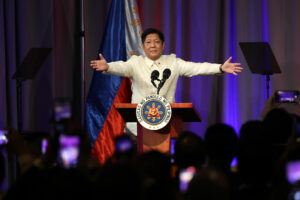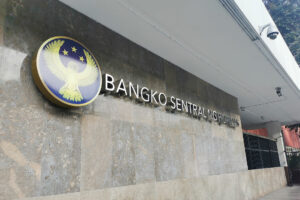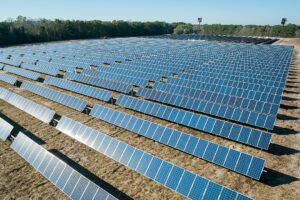Marcos sets ceiling on rice prices

Philippine President Ferdinand R. Marcos, Jr. has set price ceilings for rice, his office said on Friday, to keep the cost of the national staple in check and deal with an “alarming increase” in retail prices.
The price ceiling for regular milled rice was set at P41 ($0.72) per kilogram, while the price for well-milled rice was set at P45 ($0.79) per kg, with the mandated ceilings to remain in effect until lifted by the president.
Local and imported well-milled rice are currently sold at between P47 to P56 in the capital region, while local and imported regular-milled are priced at P42 to P55 as of Aug. 30, the agriculture ministry said.
Despite a steady supply of rice, authorities have reported “widespread practice of alleged illegal price manipulation, such as hoarding by opportunistic traders and collusion among industry cartels in light of the lean season,” the presidential office said in a statement.
The Southeast Asian country is also feeling price pressures from global events like the Russia-Ukraine conflict, India’s ban on rice exports, and unpredictability of oil prices, it added.
Mr. Marcos, who is also the agriculture minister, earlier this week ordered authorities to double efforts to hunt down rice hoarders and take steps to curb rice inflation, which hit 4.2% in July, the highest since 2019.
The Philippines is one of the world’s biggest importers of the grain and its retail rice prices climbed further last month, with some varieties surging as much as 25% in some markets in and around the capital.
The Philippines’ rice supply for the second half will reach 10.15 million metric tons, of which 7.2 tons is the expected yield from local output. Along with imports and existing inventory, it will allow the country to end the year with stocks good for 64 days of domestic demand.
A farmers’ group welcomed the move.
“There is no reason for any price increase these past weeks as there is no rice shortage in the country,” the group, SINAG, said in a statement.
Inflation has remained well above the Philippine central bank’s target range of 2% to 4%, keeping it on its toes even as it held the policy rate steady for three straight policy meetings, after a series of hikes totaling 425 basis points.
“Monetary policy has little ability to control food inflation, but the Bangko Sentral ng Pilipinas may need to act if second-round effects become prominent and inflation expectations are de-anchored,” ANZ economists said in an Aug. 25 note, using the official name of the central bank. — Reuters




